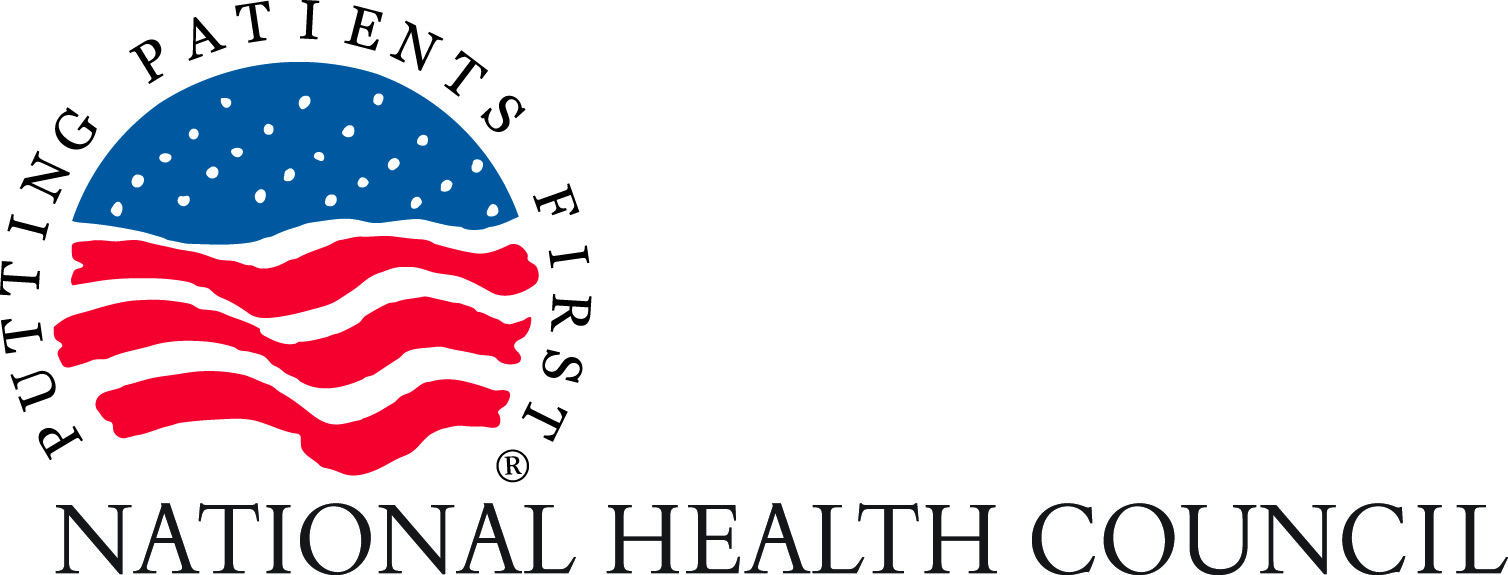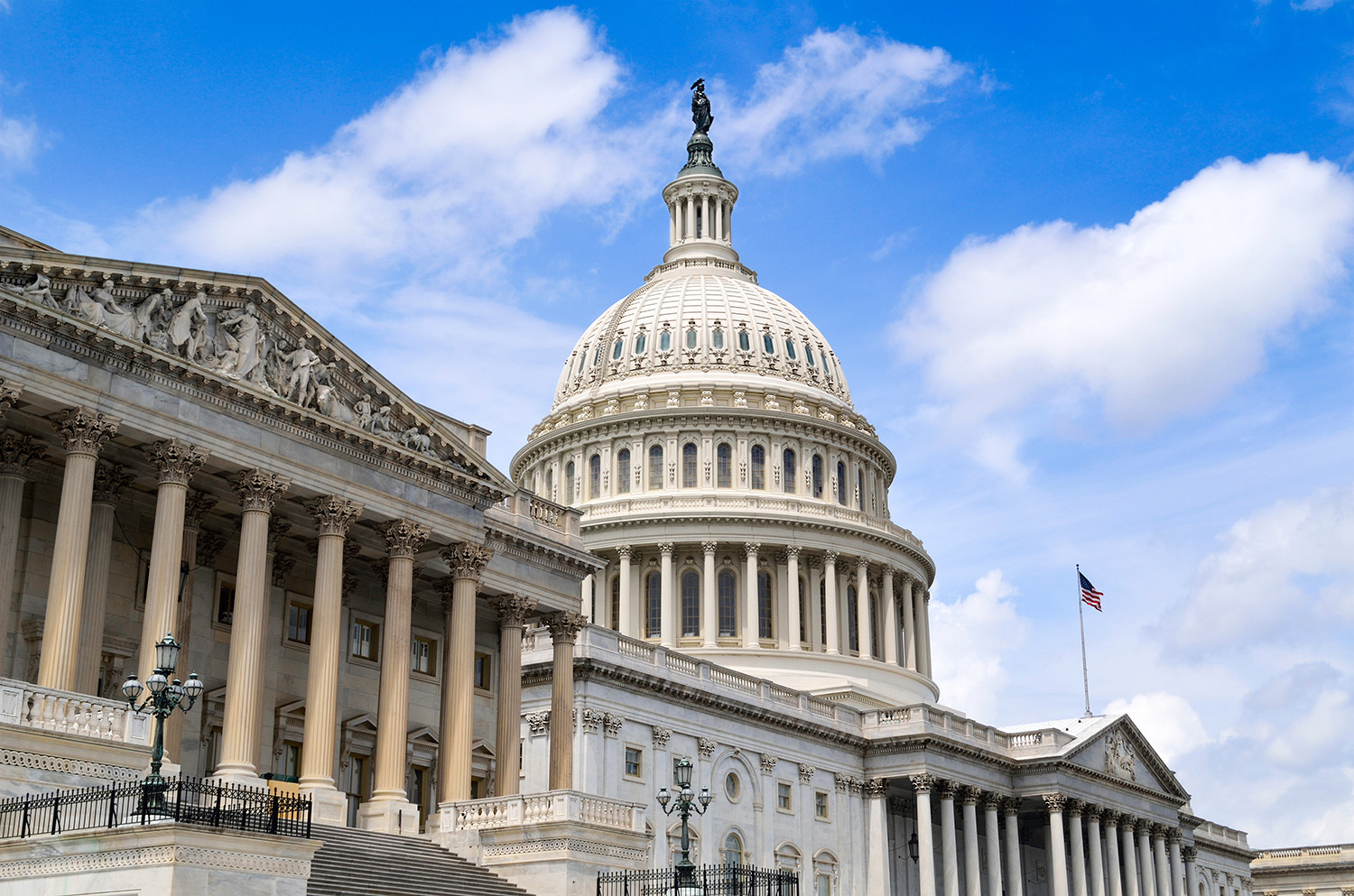The ACA and the Importance of Protecting People with Pre-Existing Conditions
10/08/2020
By Maddie Mason, Senior Associate, Policy
Prior to the Patient Protection and Affordable Care Act (ACA) people with pre-existing conditions were often denied health insurance, dropped from their coverage, or charged a higher monthly premium. Many plans also lacked coverage of important things they needed to manage their conditions. The ACA was signed into law in March 2010, and, while not perfect, it cemented important protections for people with chronic diseases and disabilities. Without the ACA or suitable replacement legislation, coverage for millions of Americans living with pre-existing conditions would be in question.
The legality of the ACA is being challenged by several states, led by Texas and supported by the Administration, and will reach the Supreme Court for a decision this fall. If the ACA is overturned by the Supreme Court, many are concerned about what will happen to the many protections initiated through the ACA, including coverage for those with pre-existing conditions.
The novel COVID-19 pandemic has policymakers and the public questioning if a positive COVID-19 test is a pre-existing condition, and the short answer is: it is complicated. Eric Gascho, National Health Council (NHC) Vice President, Policy & Government Affairs, was interviewed by CNBC on whether COVID-19 would be considered a pre-existing condition if the ACA were to be overturned by the Supreme Court. He replied that it would be up to individual insurers and could vary across the nation. There are still many unknowns about COVID-19 and people experience a wide array of symptoms which would complicate defining it as a pre-existing condition. It also has the potential to dissuade people from being tested if their results could negatively impact their health care coverage. Gascho noted that COVID-19 is just one of many reasons why the law must be upheld or be sufficiently replaced. Gascho concluded his interview on a hopeful note, stating that we have been pleasantly surprised by the Supreme Court before, and right now the ACA is still intact.
Even though the status of the ACA is in question, it is still the law of the land and it is important to direct people to healthcare.gov to make sure they continue to enroll in coverage during the upcoming open enrollment period (November 1, 2020 – December 15, 2020).
With the growing uncertainty of the status of the ACA, President Trump signed an Executive Order (EO) that he stated would uphold protections for people with pre-existing conditions. Unfortunately, this EO has no force of law, and no specific proposal has been put forward to protect people with pre-existing conditions if the Supreme Court should rule against the ACA. If the court is to overturn the ACA, the NHC will work tirelessly to ensure Congress quickly enacts comprehensive legislation that fully protects people with pre-existing conditions.

